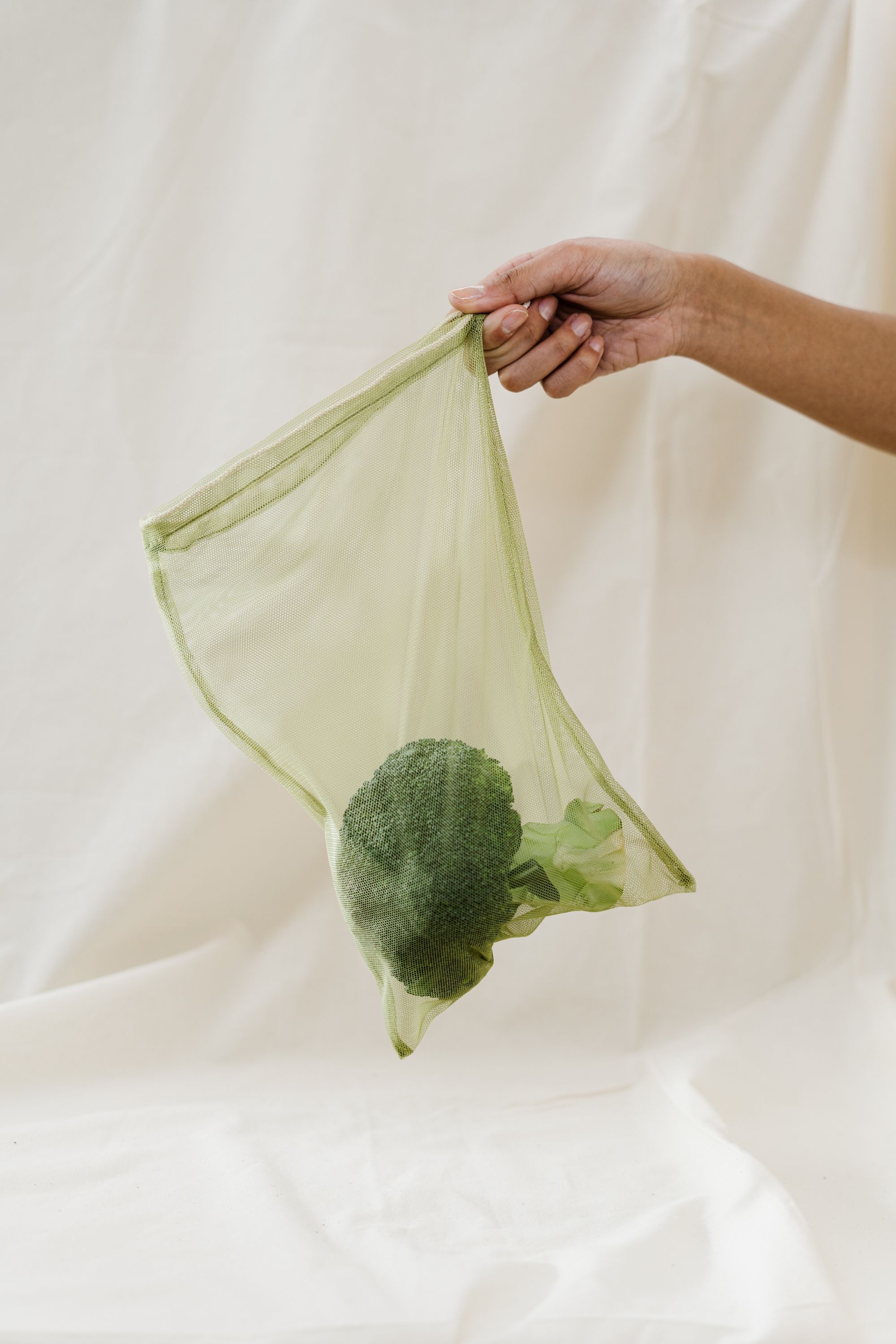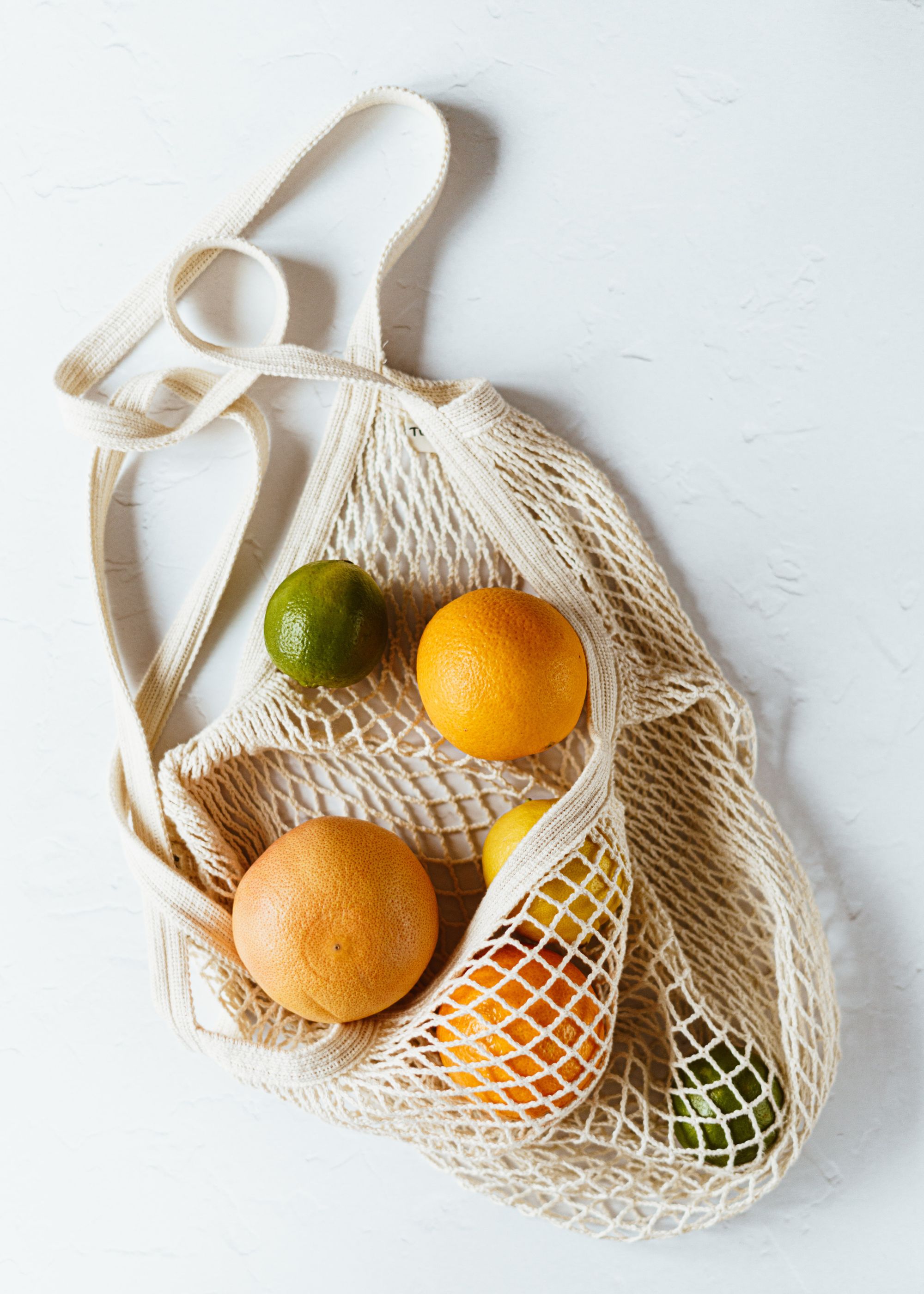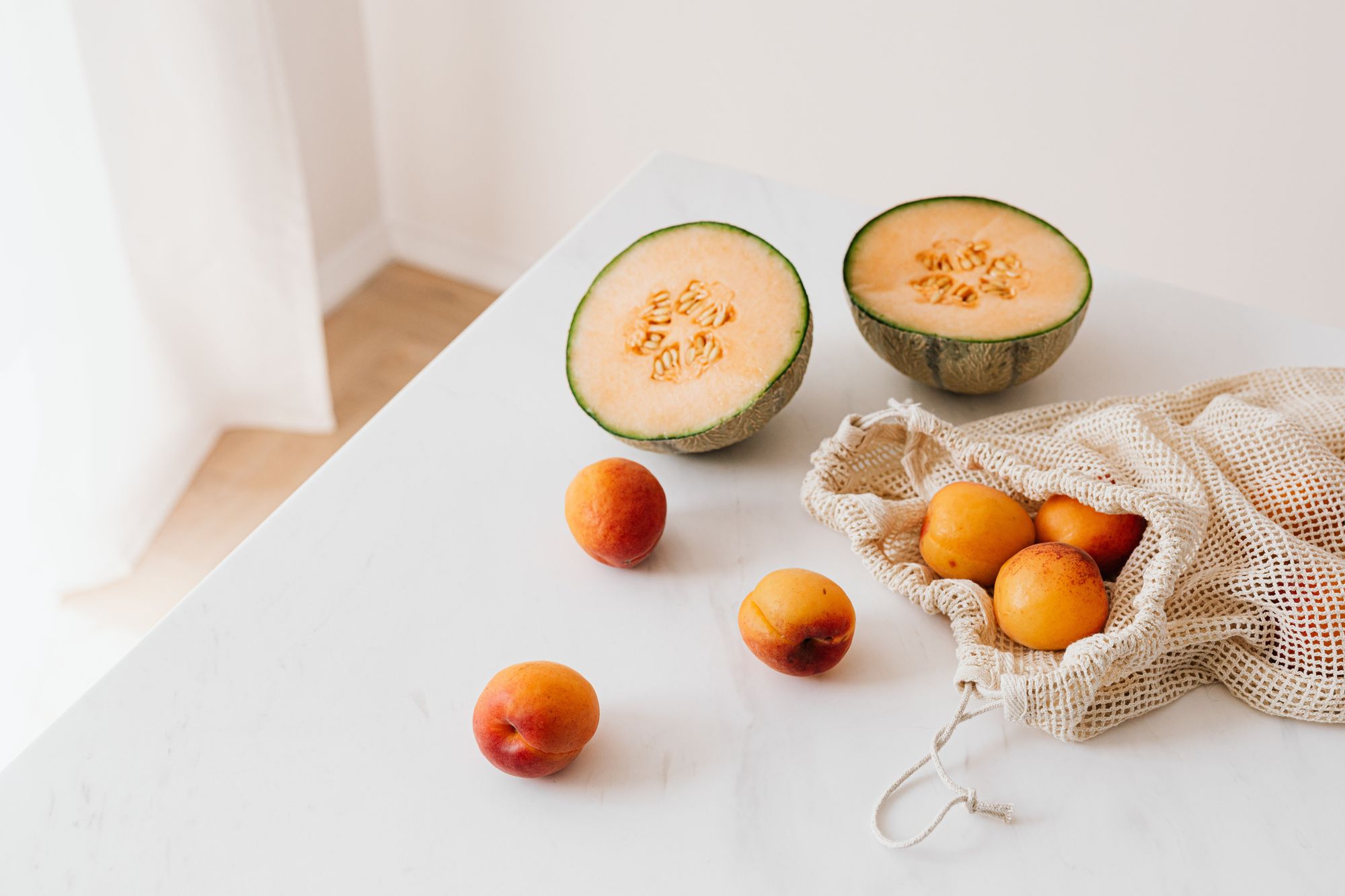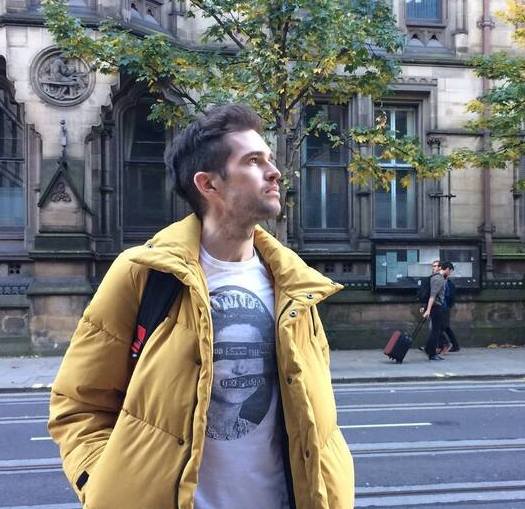At NatureHub, we’ve talked a few times about the benefits of going zero waste. It helps you to cut down on pointless shopping, it equals less food waste, and it helps to create a more circular economy.
But here’s the thing: It’s pretty much impossible for anyone to be 100% zero waste. And that’s okay — you don’t have to feel bad about that.
Moreover, dedicating oneself to being 100% zero waste comes with multiple pressures and burdens that can take their toll on us emotionally.
In this article, we want to take a closer look at our reasons for going zero waste, the pressures that come with it — and why we don’t need to feel guilty for not being all-in when it comes to zero waste all the time.
The guilt of not being zero waste enough
As we know, going zero waste has multiple benefits. But it can have downsides, too. Take, for example, the pressure that comes with it.
Who hasn’t felt a pang of guilt whenever they forgot to ask for no straw when they were out and about? Or bought some much-needed groceries that weren’t package-free? Or ate takeaway food in a plastic container on a night out with friends?
It happens.
Should we have to go through the emotional wringer each time?
I don’t think we should.
In fact, I think we should be motivated, inspired, and encouraged by the fact that we’re doing our best. We’re shifting from an old mindset to a new, greener one. We’re making changes.
Sure, we ‘mess up’ sometimes, but it’s time we reframed things and used different words. We didn't mess up — we made a decision, right or wrong, and that isn’t the end of the world.
Moreover…

We all have different priorities
Different people have different priorities.
And again — this is okay.
For instance, it might be that some shop at thrift fashion stores but don’t give too much thought to food waste. It could also be that others are the complete opposite — they don’t thrift their clothes nor look for ethically-made clothes specifically, but they do what they can to minimize food waste. They don’t over-buy, they plan ahead and they’ve got a compost heap in the kitchen.
So I think it’s important to understand what your priorities are, and to then focus on them. Once you start centering your whole life around being zero waste, that’s when the pressure can really build.
And, look, if your goal is to center every decision around being zero waste — that’s totally cool. But there needs to be a balance between going full-on when it comes to zero waste, and looking after ourselves emotionally and mentally. And that means not being too hard on ourselves when we trip up.
Understanding your why
Priorities are one thing, while our reasons for going zero waste are another.
Why do people go zero waste?
Surprisingly, there are different reasons. Some are motivated by guilt, others simply want to improve the planet for future generations, and others just want to do what they feel is the right thing.
Some even do it because it unleashes their creativity and challenges them to think outside the box.
In my opinion, going zero waste shouldn’t be a guilt thing. If you’re motivated by guilt, this is when the emotional problems can begin. You might start comparing yourself to Instagrammers who have achieved pro-level zero waste wizardry, and you might kick yourself every damn time you forget to ask for no straw.
Instead, I think it’s better that we’re motivated by the idea that we are all — in our own little way — instigating a positive change for a better future, not just for us and the planet right now but for future generations.
Each time you buy a bamboo toothbrush, invest in a compost heap, or shopping at a zero waste store, you are doing something that might seem minor, but which is part of something so much greater.

Does going zero waste put women under pressure?
A Vox article shared with me by a colleague this week pinpointed something that I myself had been thinking for a while: The zero waste movement is born out of a desire for perfectionism.
Take a look at a “zero waste gal’s” Instagram feed and you’ll see perfect images of bamboo countertops, white walls everywhere — and heaps mason jars. There are net bags and home-made beauty products.
But as the article points out, the pressure seems to be on the modern women to lead the zero waste charge from the front:
“Women are so afraid of being called out for hypocrisy and failure, we feel like we can’t call ourselves an environmentalist unless we’ve brought our daily lives 100% in line with our values.”
The article argues that the zero waste movement has created “zero-waste wives,” with one zero waster saying “I was the one (in my relationship) doing the grocery shopping and cleaning the house. It was up to me to bring zero waste in the household.”
Others have claimed that, while they’ve tried to convince their partners to work with them on this, they constantly feel like the pressure is on them to maintain a zero waste lifestyle for the two of them.
And while it’s perfectly plausible to suggest that some men totally work hard to go zero waste too, the plain fact is that — as Vox points out — men do 50% less unpaid housework than women. Which means that going zero waste at home falls on the woman.
What can we take away from this?
Zero waste is something we can control ourselves. We can go as hard or as soft as we want. We are the kings and the queens of this, and while for some it’s a lifestyle, for others it’s something they’re trying to get better at.
It’s up to you to put in as much or as little as you want. You can take small steps, big steps or in-between middle steps. You don’t have to be a pioneer among your friends or your social media following, although it’s obviously brilliant if you’re able to share what you do so that you inspire others to make changes as well.
As the saying goes — you’ve gotta do you. Find your reasons for going zero waste, identify your priorities, and take this one step at a time.
Let us know about your zero waste journey in the comments!


